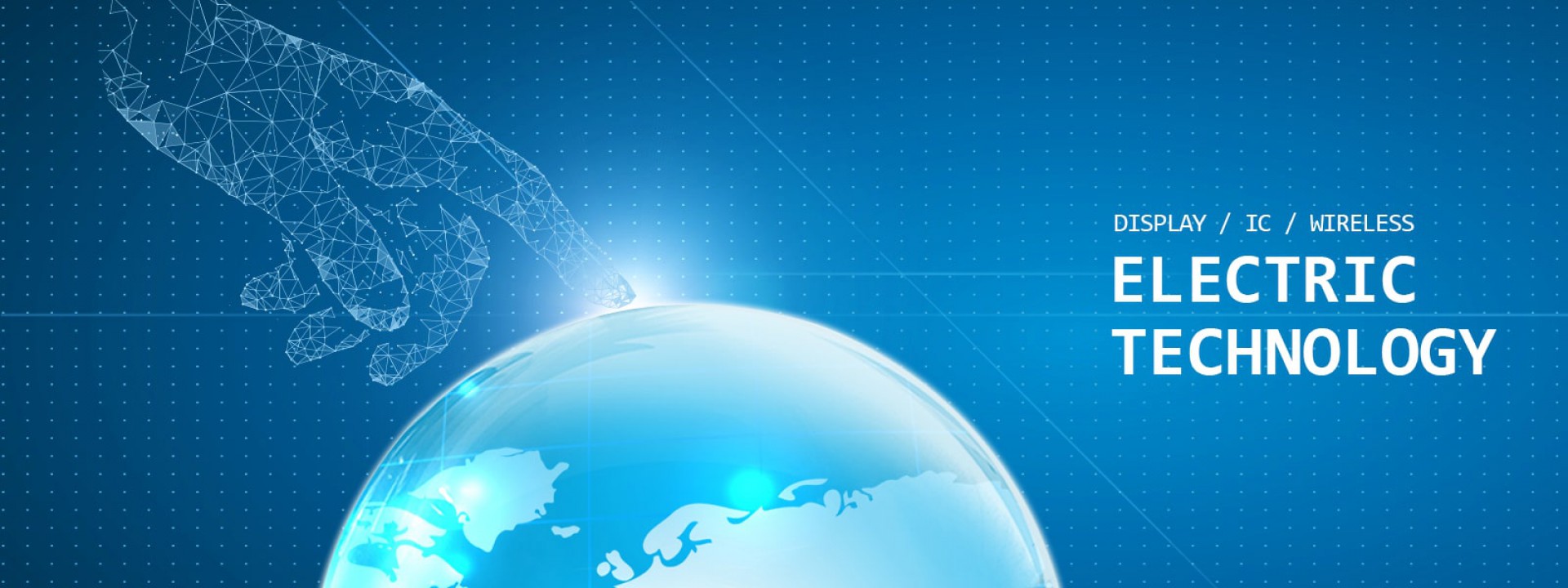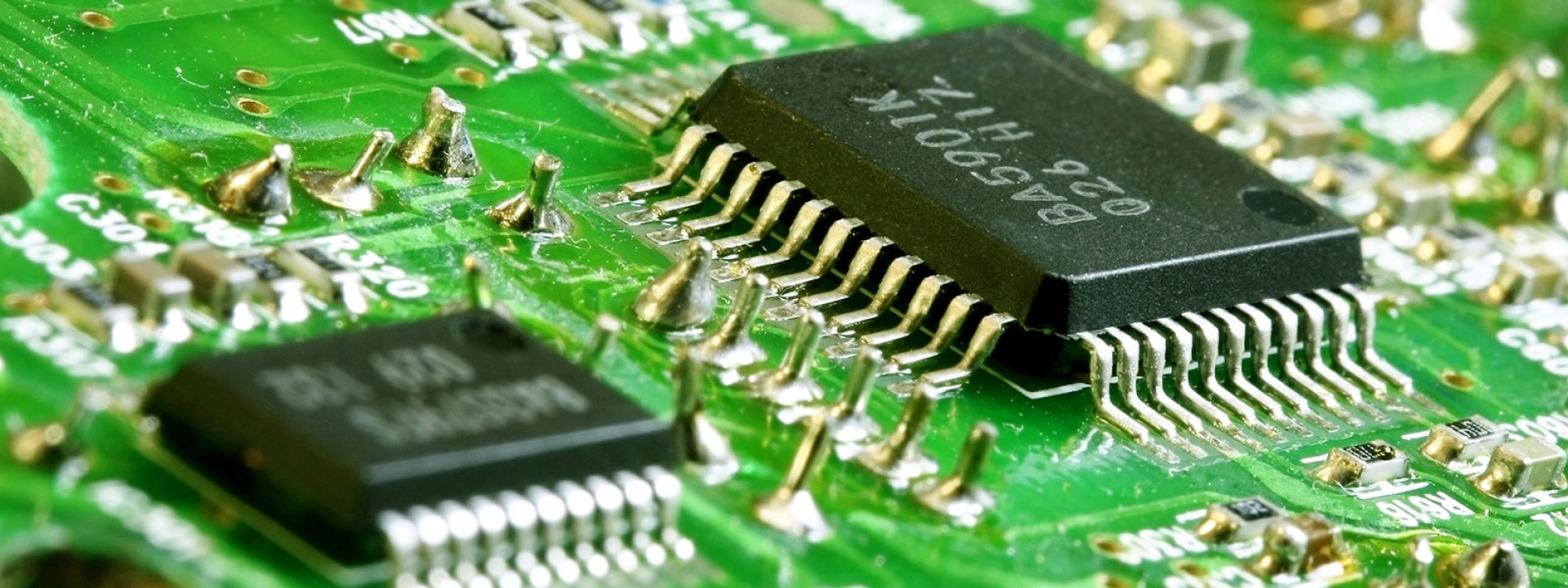News & Events
The U.S. Department of Commerce (DoC) added limits on exports of chips and related production tools to China, citing national security concerns. Following the announcement, U.S. Senate Majority Leader Chuck Schumer noted he is pressing for further restrictions.
The DoC’s Bureau of Industry and Security (BIS) today announced rules controlling China’s ability to buy or make advanced chips and develop supercomputers.
China uses the technology to produce military systems including weapons of mass destruction, as well as improve the effectiveness of its military and commit human rights abuses, according to the BIS announcement.
“We are appropriately doing everything in our power to protect our national security and prevent sensitive technologies with military applications from being acquired by the People’s Republic of China’s military, intelligence, and security services,” Alan Estevez, Under Secretary of Commerce for Industry and Security, said in the BIS statement. “The threat environment is always changing, and we are updating our policies today to make sure we’re addressing the challenges posed by the PRC while we continue our outreach and coordination with allies and partners.”
The DoC has announced a series of restrictions on exports of chip technology to China in recent months, including limits on sales of GPUs from Nvidia and AMD. Today’s announcement is the latest salvo in a tech war that started during the administration of U.S. President Donald Trump and intensified under current U.S. President Joe Biden.
The BIS warned that it can still add more restrictions by moving Chinese companies to its so-called Entity List, effectively blocking their ability to buy semiconductors and production technology.
“Where BIS is prevented by a host government from conducting our end-use checks in a timely manner, we will add parties to the Unverified List, and if the delay is extreme enough, the Entity List, to prevent the risk of diversion of any U.S. technology that could undermine our national security interests,” according to the BIS announcement.
The Biden administration today added 31 Chinese companies and institutions to the “Unverified List”, including memory chipmaker Yangtze Memory Technologies Co. (YMTC).
Schumer continues to “urge the Biden administration to act swiftly on other export control actions and to add YMTC to the Entity List to protect America’s technology supply chains and American consumers,” he said in prepared remarks provided to EE Times. “These restrictions on the transfer of advanced U.S. manufacturing technology are absolutely necessary, but there is still much more that needs to be done to stop the Chinese Communist Party from cheating and stealing its way to technological dominance.”
In the upcoming National Defense Authorization Act (NDAA), the Senate will work in several ways to further strengthen America’s position against China’s economic and industrial policies that aim to undermine U.S. chip manufacturing, Schumer said.
Starting longer than two years ago, the U.S. government placed Huawei, once the world’s largest smartphone maker, and nearly 30 other Chinese tech companies on its Entity List to block their purchases of chips and semiconductor production equipment.
The BIS said it is adding new license requirements for exports to chip fabs in China. Licenses for fabs owned by PRC entities will face a “presumption of denial,” and those owned by multinationals will be decided on a case-by-case basis. Key thresholds are 3D chips made with FinFET or gate-all-around (GAA) architectures at 16-nm or 14-nm nodes or below; DRAM chips of 18-nm half-pitch or less; and NAND flash memory chips with 128 layers or more.
The Biden administration will exempt South Korea’s SK Hynix and Samsung from some of the new restrictions on existing production facilities in China, Reuters reported, citing anonymous sources.
Foreign government actions that prevent BIS from making compliance determinations will impact a company’s access to U.S. technology through addition to the Entity List, according to the BIS.
The DoC said it consulted international partners on the controls.
The new rules also restrict the ability of U.S. citizens to support the development or production of chips at Chinese fabs without a license.
By EETimes






